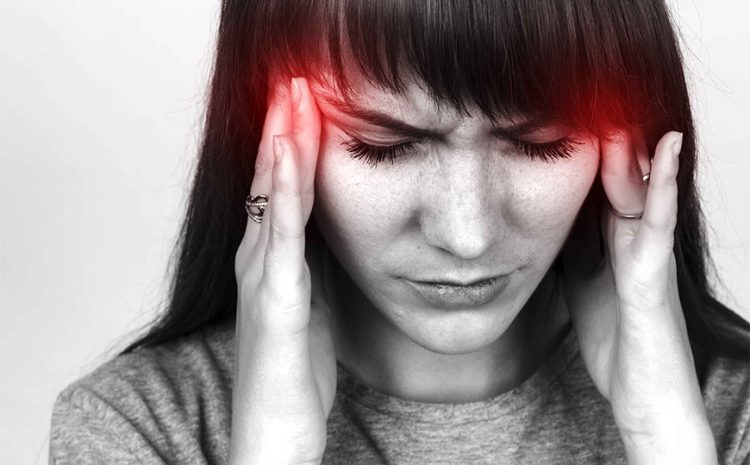
Different Kinds of Headaches and their Symptoms
Headaches are complicated and each headache can have a different trigger and set of symptoms. While more than 150 different headaches are known, here are the most common ones:
Tension-type headache
They are common among teens and adults. They can be identified by their mild to moderate pain. They come and go over time and display no general symptoms.
Migraine headache
Migraine headaches are accompanied by severe and intense pain. They can be identified from their throbbing or pounding pain. Migraine headaches last anywhere between 4 hours to 3 days. They usually occur 1-4 times in the course of a month.
People experience the pain in addition to sensitivity to light, noise and certain smells. Some even experience nausea and vomiting, along with a loss of appetite and an upset stomach. Among children, migraines cause dizziness, blurry vision, a pale pallor, fever and an upset stomach.
Cluster headaches
Cluster headaches are perhaps are the most severe form of headaches. They can be identified by the piercing or burning pain behind or around an eye. This pain could be described as either throbbing or constant. Although they are fairly uncommon, cluster headaches can make a person restless, with teary eyes, and drooping eyelids. More commonly, the nostril on that side of the eye becomes stuffy or runs.
Cluster headaches occur in groups, hence the name, and during the period of the attack, a person can have as many as three attacks in a single day. The attack period could last for three months. Cluster headaches also have a tendency to go into a remission period during which the patient has no symptoms but they can come back again.
Sinus headaches
Sinus headaches are a constant pain in the cavities called sinuses when they become inflamed. Common symptoms include a runny nose, fullness feeling in the ears, swelling in the face area, and sometimes, fever. Sinus headaches occur when the sinuses have an infection leading to a green or yellow mucus discharge.
Hormone headaches
Hormonal changes, for instance, during menopause or pregnancy in the body can cause headaches.
You should visit a doctor when the pain becomes difficult to manage or is prolonged.




